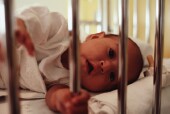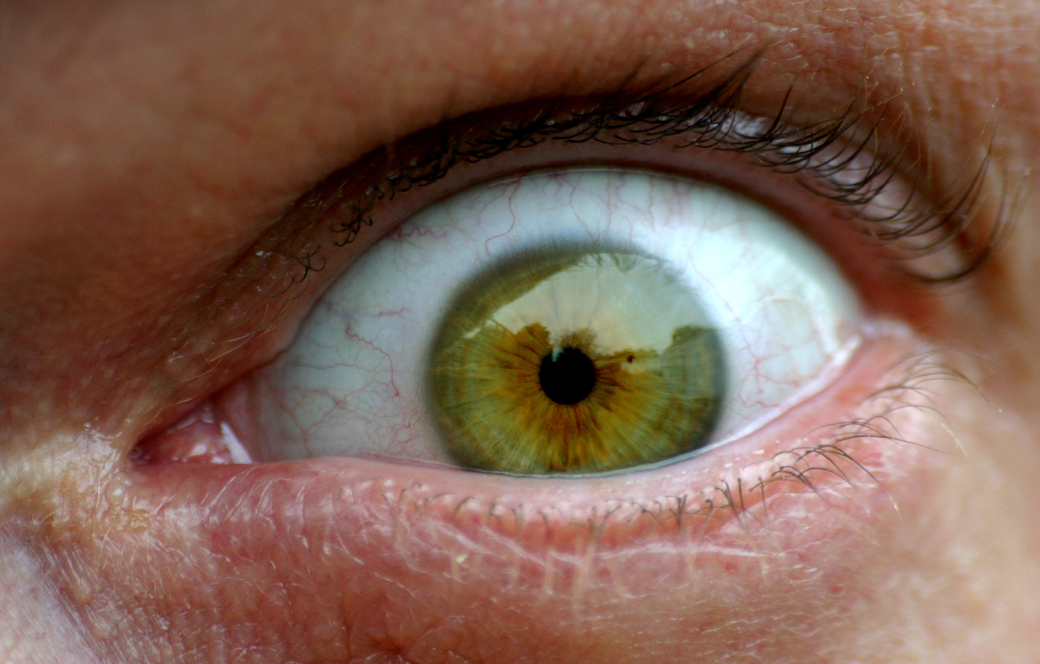
MONDAY, Sept. 10 (HealthDay News) — Getting some babies to sleep can test a parent’s sanity, but bleary-eyed mothers and fathers can be reassured that popular sleep training techniques have no long-lasting positive or negative effects on children’s sleep quality, mental and behavioral health, or parent-child attachment, a new study suggests.
Australian researchers, undertaking a five-year follow-up on the effects of infant sleep training on children and parents, examined the after-effects of two common methods: “controlled comforting,” in which parents respond to their infant’s cry at increasing time intervals to facilitate self-settling; and “camping out,” in which parents sit with the child as he or she independently learns to fall asleep, slowing removing their presence from the room.
Improvements to children’s and mothers’ sleep, along with mothers’ mental health, were still apparent as late as age 2 but faded by age 6.
“This helps parents make their own informed decisions about how to manage their baby’s sleep,” said study author Anna Price, a postdoctoral research fellow at Murdoch Childrens Research Institute at the Royal Children’s Hospital in Parkville. “Based on earlier studies, we anticipated there would be no long-term negative effects but wanted to know whether the benefits to children’s sleep and mothers’ mental health extended past two years.”
The study is published online Sept. 10 in advance of the October print issue of the journal Pediatrics.
Sleep problems, reported by about 45 percent of parents in the second half of their baby’s first year, are a major risk factor for maternal depression and a common and costly driver of health care visits during infancy, according to the research.
Price and her team tracked 225 children from age 7 months — when their parents first reported sleep problems — to age 6 years. Participants were randomly placed into two groups, with one offered guidance on the “controlled comforting” and “camping out” sleep techniques at universal health care visits and the other group offered no training. (Those parents could, however, seek out sleep advice at independently run early- parenting centers.)
At the end of the study, no differences were observed in either set of families for any measure, including children’s emotional and behavioral health, sleep habits and stress levels, parent-child closeness and parental depression or anxiety.
Jodi Mindell, associate director of the Sleep Center at Children’s Hospital of Philadelphia, said this is one of the first studies to show that there’s no long-term, negative outcome to sleep training.
“One of the biggest concerns parents have when they consider doing sleep training is, ‘Is it going to psychologically harm my child, or is it going to affect attachment?'” said Mindell.
Mindell, also a spokesperson for the American Academy of Sleep Medicine, noted that many websites aimed at parents offer frightening perspectives on the ramifications of sleep training that aren’t at all based on scientific evidence.
“This study helps support parents to be able to take that step and do sleep training without worrying,” she added. “All the interventions are different dimensions on a theme. It’s all about taking steps, whether a leap or a tiny baby step … to get to the magic moment of your child falling asleep in their own bed.”
More information
The Nemours Foundation offers more about sleep and newborns .

